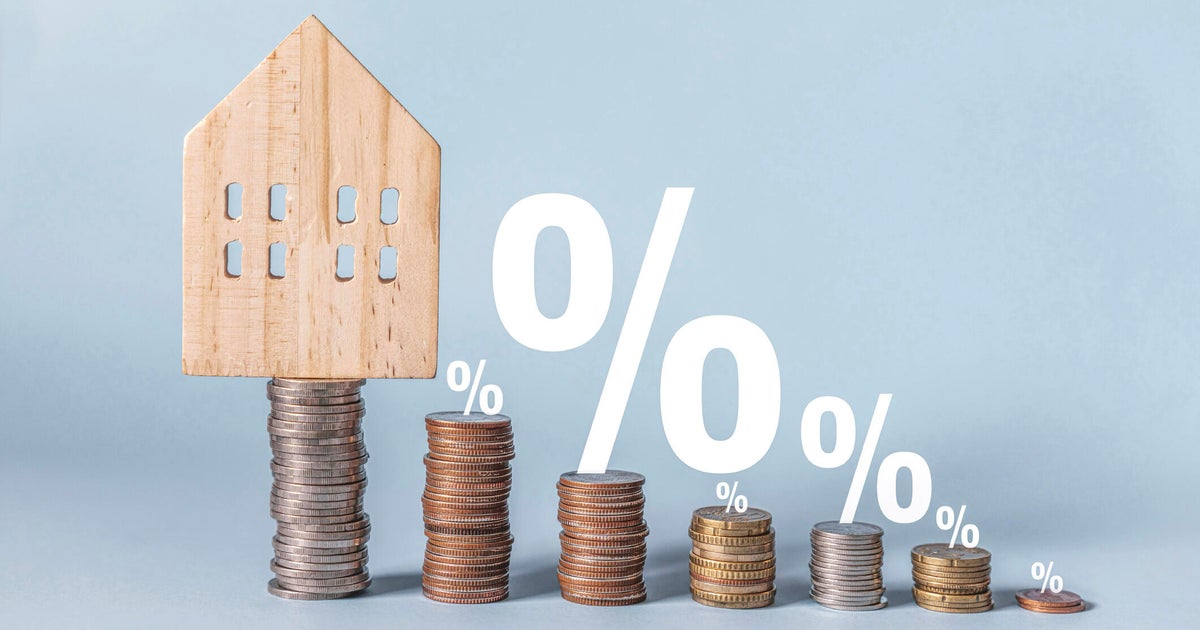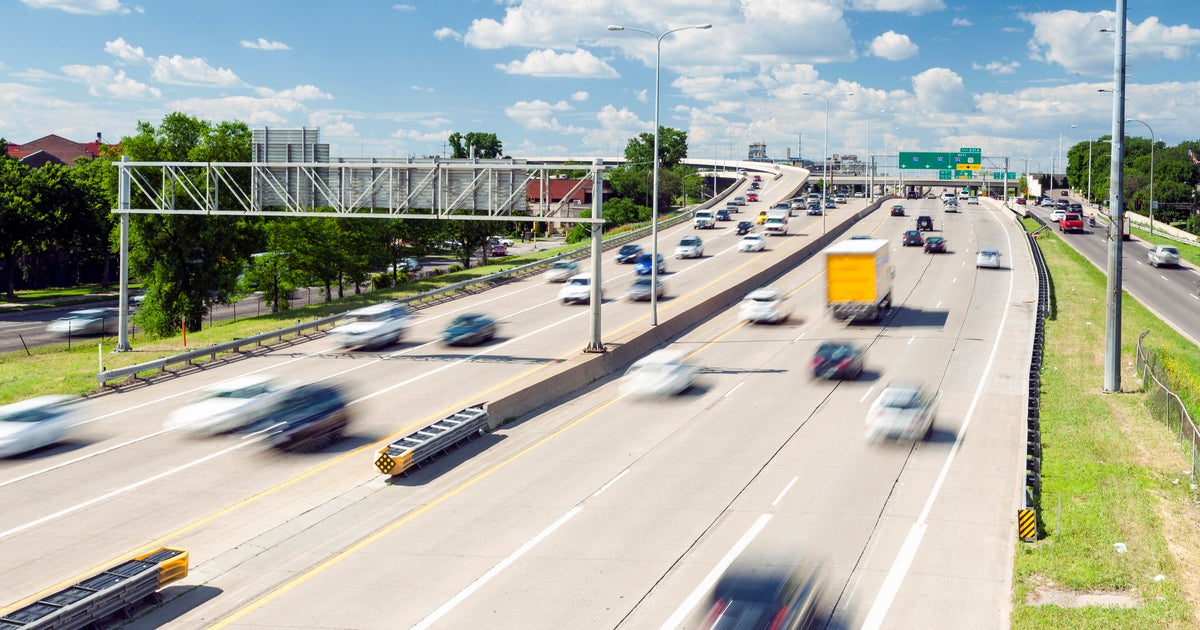Mortgage refinance questions experts say you should ask
Refinancing a mortgage offers homeowners the ability to save money over the lifetime of their loan and even make payments more manageable.
When you undergo a mortgage refinance, you can lock in a lower interest rate and even change your loan term to secure a payoff timeline that better fits your long-term goals. Plus, refinancing may be useful for tapping into the equity you've built in your home.
Even in today's relatively high interest rate environment, refinancing can make sense for some homeowners, depending on their current loan terms and overall financial situation. But like any big decision you make with your money, it helps to understand the details and costs of a refinance before you commit.
Learn more about your mortgage refinancing options today here.
4 questions to ask before refinancing
We asked experts to share the factors they believe homeowners should consider before refinancing today. Here are a few questions you can use to determine whether it makes sense for you:
Can you get a lower interest rate?
With mortgage interest rates currently hovering around 6% to 7% or more, interest may be the most important factor to account for before refinancing.
If you were able to lock in a great mortgage rate when interest was at pandemic-era lows, refinancing may not make much financial sense right now. But if you currently have a very high interest rate, refinancing to a lower rate can help you save over the lifetime of the loan. The interest rate itself also factors into any changes to your loan term you may opt for.
Pay attention to "the impact to the longer-term mortgage interest you would be paying if you are refinancing your mortgage to a new term that is longer than your current term," says Jake Northrup, CFP, founder of Experience Your Wealth. For example, you may qualify for a lower rate now than your original loan APR. But if you're also moving from a 15-year loan to a 30-year loan — you could end up paying more total interest (even at the lower rate) over the entire term.
How much are you paying to refinance?
Because there are upfront costs to consider, tallying how much you'll actually pay to make a change to your current mortgage is a big factor.
"Refinancing involves taking a step backward to take three or four steps forward in the long term, because you need to pay closing costs on the refinanced mortgage," says Bill Nelson, CFP, founder of Pacesetter Planning.
In general, average refinance closing costs may range around $5,000. Nelson also recommends paying the closing costs out of pocket to maximize the benefit of your refinance, instead of adding them to your overall mortgage balance.
How long will you stay in your home?
The length of time you stay in your home matters because refinancing may not be worth it if you're planning to move soon.
"Typically, if you can refinance to a rate that's 1% lower and you're expecting to stay in the home for at least 18 months, you're likely to come out ahead in a refinance, but you should run the math before making the decision," Nelson says.
You'll want to stay put long enough to at least cancel out the closing costs you'll pay with your refinance savings. But the longer you stay in your home after taking on the new loan, the longer you'll have to see the benefits of refinancing at a new, lower rate.
Do you want to tap into your equity?
Refinancing can also help you take advantage of your home equity. If you're planning a home renovation or need to access some cash for another purpose (like debt consolidation), a cash-out refinance could be an option to consider.
In addition to how much you can save in interest and how long you plan to live in your home, "whether it might make sense to tap some equity that is in the home," is another factor that can help you decide whether to refinance, says Al Faber, CFP, senior wealth manager at Woodson Wealth Management.
When you opt for a cash-out refinance, you'll take on a new loan that's larger than the amount you currently owe, then receive the difference in cash. Just remember to still account for the interest rate and loan term, since you'll be replacing your existing mortgage with a new, larger loan amount.
Find out more about your mortgage refinance options here today!
The bottom line
Refinancing can make sense for some homeowners today — even amid elevated interest rates. Before you decide, make sure to consider some important ways that refinancing your existing loan could benefit you in the long run. If you currently have a very high interest rate, for example, you plan to stay in your home long-term or you can benefit from tapping into home equity. Don't forget to also account for how closing costs or switching to a longer loan term may factor into your overall savings.
See if a refinance makes sense for you by comparing today's mortgage rates here.




